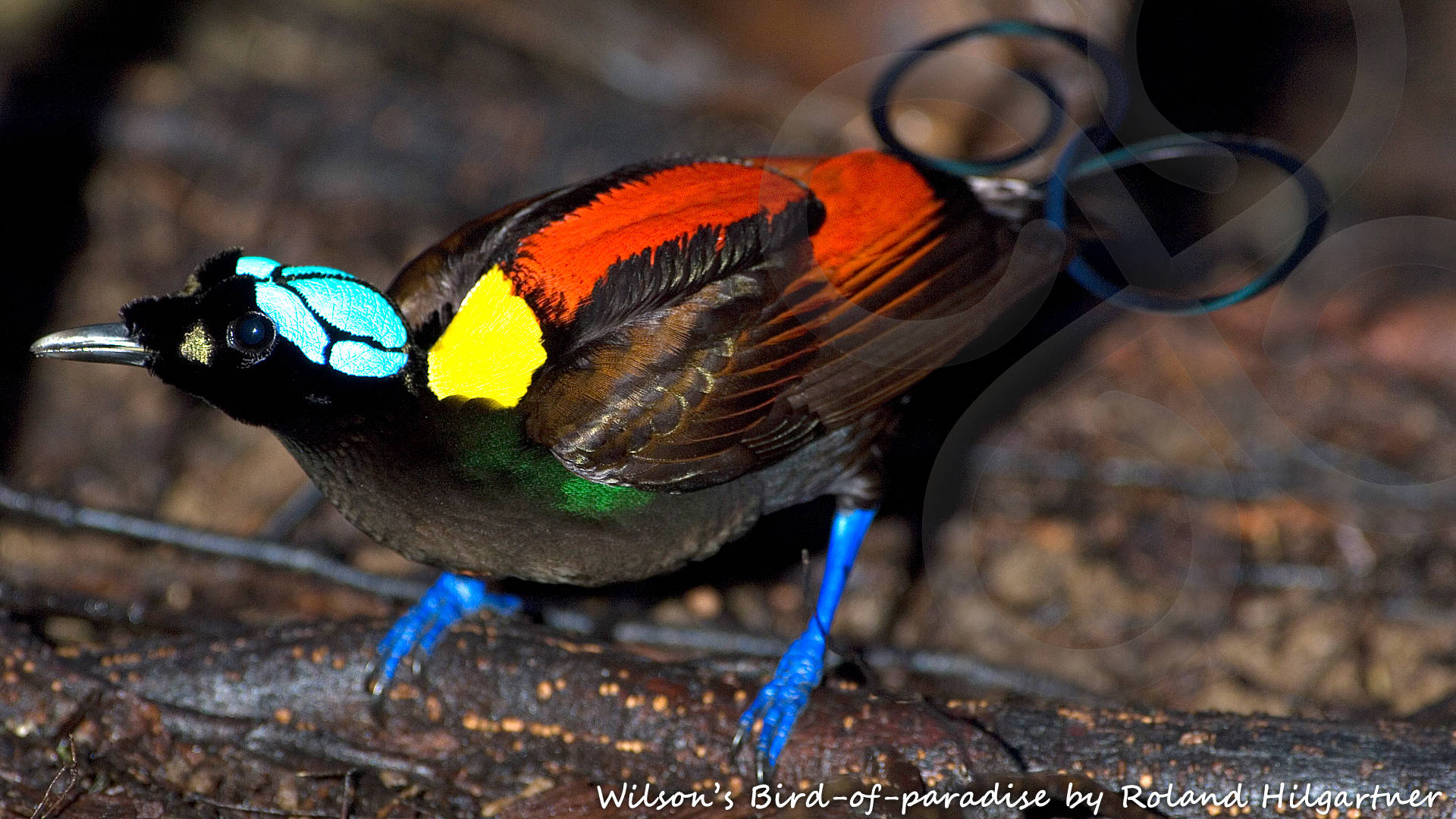The nearly mythical Wilson's Bird-of-paradise Diphyllodes respublica occurs only on the fabled Raja Ampat islands of Waigeo and Batanta in West Papua or Indonesian New Guinea and nowhere else on Earth. Copyright © Roland Hilgartner rolandhilgartner.com
At EKONEXION we approach the practical organization of ecotourism or responsible travel as a 100% locally-owned micro-company, trading as independent travel agent with regional focus on the western half of New Guinea Island. Variously known as West Papua, Papua or Irian Jaya, Indonesian New Guinea is one of the last great tropical wilderness areas left on Earth. We view genuine ecotourism development here as an efficient vehicle to act and expand upon existing conservation priorities, and as an independent yet complementary means of strengthening and fine-tuning conservation and community development efforts and policies.
❯Read more...
Ecotourism and indigenous peoples
We firmly believe that carefully planned and implemented ecotourism may contribute significantly to both the conservation of natural habitats and the well-being of indigenous peoples. We recognize as our duty to ensure that indigenous communities do benefit, to the maximum extent possible, from the deployment of our ecotourism activities if these are to stand any chance of genuinely rivaling the ever increasing claims to deleterious resource extraction throughout West Papua. After all, people who earn a living directly through responsible travel are more amenable to actively help protecting the environment on which their livelihoods depend.
❯Read more...
Ecotourism and biodiversity conservation
That ecotourism is inextricably linked to biodiversity conservation follows straightforwardly out of the sheer enjoyment that discerning ecotourists draw from seeing untouched natural environments and charismatic wildlife. We strongly believe that the key to the long-term well-being of indigenous peoples lies precisely in the active preservation of their ancestral lands that set the stage for our ecotourism activities. By linking up the financial benefits of ecotourism with the continuous presence and protection of local wildlife through wise land tenure, we instigate and nurture pride in customary landownership and bring a strong conservation message.
❯Read more...
